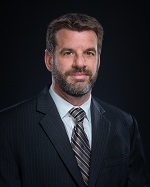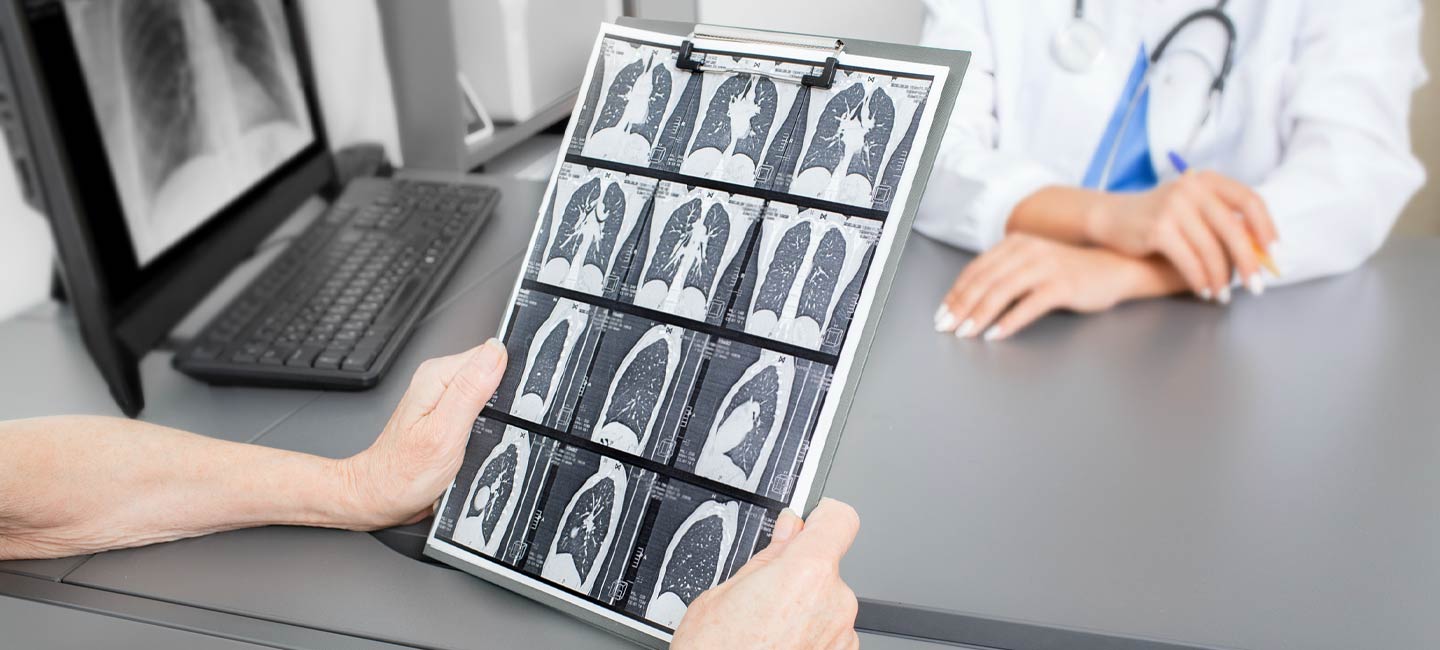State of Lung Cancer Report Shows Screenings Too Low in Florida
The American Lung Association’s 2023 “State of Lung Cancer” report shows that Florida ranks among the states with the lowest lung cancer screening rates. According to the report, only 2.4% of Floridians considered to be at high risk for lung cancer have received a low-dose CT scan, compared to the national rate of 4.5%.
How does your state compare to others for #lungcancer screening? Our 2023 #StateofLungCancer report shows the best and worst states in the nation. Early detection is key to saving lives. Let’s work together to bridge these gaps. https://t.co/e6rnThcQl9 (Link in Bio) pic.twitter.com/4dQtSISnin
— American Lung Association (@LungAssociation) November 20, 2023
The annual report looks at how the toll of lung cancer varies by state and examines key indicators throughout the U.S. including new cases, survival, early diagnosis, surgical treatment, lack of treatment and screening rates.
According to the report, Florida ranked:
20th in the nation for lung cancer incidence at 54.7 per 100,000
Incidence refers to the number of new cases of lung cancer in each state. The national lung cancer incidence is 54.6 per 100,000.
14th out of 42 (for which data is available) in the nation for survival at 27.6%
The national average of people alive five years after a lung cancer diagnosis is 26.6%.
37th out of 47 in the nation for early diagnosis at 24.9%
Nationally, only 26.6% of cases are diagnosed at an early stage when the five-year survival rate is much higher.
42nd in the nation for lung cancer screening at 2.4%
Lung cancer screening with annual low-dose CT scans for those at high risk can reduce the lung cancer death rate by up to 20%. Nationally, only 4.5% of those at high risk were screened.
20th out of 47 in the nation for surgery at 20.6%
Lung cancer can often be treated with surgery if it is diagnosed at an early stage and has not spread. Nationally, 20.7% of cases underwent surgery.
43rd out of 47 in the nation for lack of treatment at 25.6%
Nationally, 20.6% of cases receive no treatment. Florida ranked among the worst in this category.
29 out of 51 in the nation for smoking at 14.7%
Nationally, 13.5% of adults currently smoke.
“This is very disappointing,” said Dr. Matthew Schabath, associate member in the departments of Cancer Epidemiology and Thoracic Oncology at Moffitt Cancer Center. “We know that lung cancer screening saves lives. It’s an unbelievably powerful tool to catch this disease early when it’s most treatable. We keep going in the wrong direction.”

In Florida, Black Americans are least likely to receive surgical treatment for their lung cancer. Nationally, the report finds that lung cancer survival rates are improving for everyone, including people of color. The five-year lung cancer survival rate for people of color has increased by 17% in the past two years, helping close the health disparity gap.
While the findings show significant room for improvement, there is hope. Earlier this year the American Cancer Society increased eligibility for screenings. Previous guidelines recommended annual low-dose CT scans for people ages 50 to 80 who had smoked a pack of cigarettes a day for 20 years and were still smoking or had quit within the past 15 years. Now, the ACS says smokers who quit 15 years ago or more should get screened.
“We need a wholesale campaign from coast to coast, north to south and everywhere in between,” Schabath said. “In our own communities in Florida we need to have our cancer centers come together with our referring providers to make these screenings accessible to those at high risk.”
How does your state compare to others for #lungcancer screening? Our 2023 #StateofLungCancer report shows the best and worst states in the nation. Early detection is key to saving lives. Let’s work together to bridge these gaps. https://t.co/e6rnThcQl9 (Link in Bio) pic.twitter.com/4dQtSISnin
— American Lung Association (@LungAssociation) November 20, 2023
Schabath is part of a task force at Moffitt aiming to take lung screenings on the road. The cancer center is expected to launch the first mobile lung screening unit in the state next fall. The bus could provide up to 30 screenings in a single day. Currently, Moffitt screens about 600 people per year. That number is increasing about 30% annually, and the mobile screening could give the numbers an even bigger boost.
“Once we show that this is effective, we can get out to our community rather than our community come to us,” Schabath said. “I’m hopeful that we’re going to plant a seed for the state and show all the other cancer centers that this works. It’s going to take more than one bus from any given institution to make a dent. But the hope is that other centers follow suit.”



